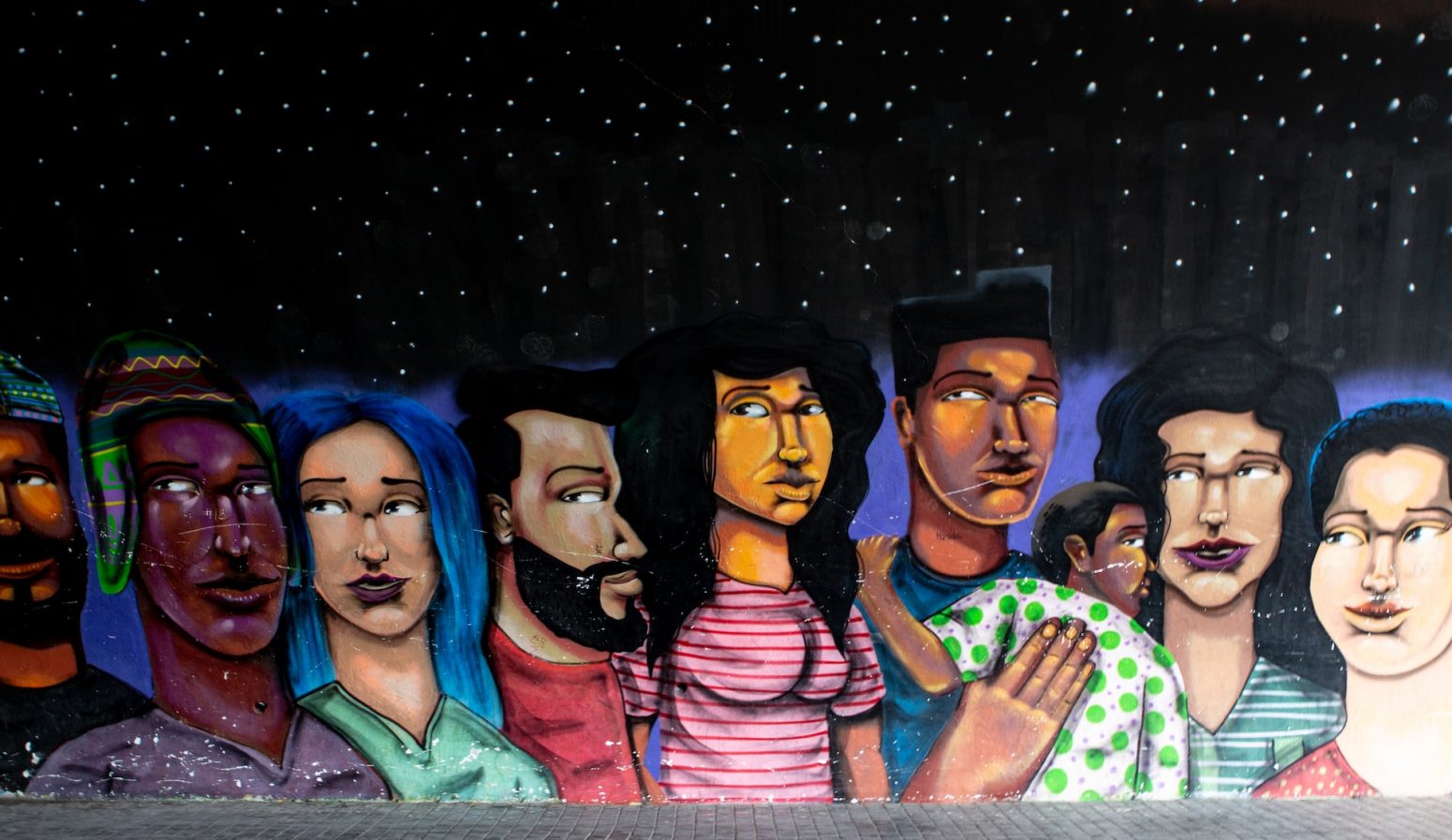A place where we belong: Integrating belonging and inclusion into healthcare education
Bridgette Bewick, Professor of Psychological health, wellbeing, and education at the University of Leeds (UK) shares her thoughts on why we must integrate inclusion and belonging into healthcare education.
Belonging inclusion and mental health are all connected. When I ask students what makes university more challenging than needs be loneliness and isolation is a common reply. That sense of “not fitting in”. Of being “unwelcomed”. Feeling like a “spare part” and “not finding my people”.
The stories students share resonate with me. I’m from a working class family and was the first-in-my-family to attend university. My first step onto a university campus and into an open day lecture are forever imprinted into my memory. I didn’t know that I’d ever understand the rules of the university game? Would I ever belong? Was it possible for someone like me to succeed?
Nowadays we know that lack of belonging and lack of inclusion doesn’t ‘just’ impact the individual momentarily. It reduces their likely success at university. Lack of sense of belonging is linked to poorer mental health and wellbeing, greater likelihood of dropping out, and lower final grades.
A felt lack of inclusion and belonging within healthcare education also has a societal cost. To deliver the best possible care to patients requires a diverse workforce. We need to foster graduate diversity. To thrive every healthcare student needs to be (and feel) included, respected, and valued. When we don’t get this right students report feeling isolated, excluded, and ignored:
“…bad experiences on placement … being ignored by clinicians … feeling like you are a spare part and unwelcome”
“…the sense of isolation while on placement, when a patient dies and you are all alone in hospital accommodation, away from your friends. It really messes with your mind…”
“larger class numbers make the course impersonal… you are just another nameless student”
How are we changing the status quo? What are we doing to address the systemic exclusionary practices that are part of the historical DNA of healthcare education? We might point to institutional involvement in national or international awards and charters to evidence our commitment to inclusion and diversity. Or perhaps list our institutional initiatives and training programmes. Such activity can focus minds and facilitate deployment of resources.
Awards, charters, and initiatives can be a catalyst for sustainable change. In and of themselves they are not sufficient to bring about the large scale culture change that is necessary to facilitate inclusion and sense of belonging for all staff and students.
Why aren’t they enough? Because there is not one homogenous solution to creating the perfect inclusive higher education experience. What and how means we are included and that we belong is heterogeneous. It differs between individuals and across time.
A multifaceted approach to delivering equity of experience and success for all students is necessary. This includes reflection and development of inclusive pedagogies by integrating baseline standards of inclusive practice and embedding student mental health into curriculum. We can design physical and social spaces that are inclusionary and facilitate sense of belonging. Most importantly we need to actively listen to students and staff to learn from their experiences.
When students speak and write of moments of belonging they don’t generally list initiatives, awards or technicalities of curriculum design. For students it’s people, the staff and students, who make the difference.
“…when there is a really good clinician on placement that makes me feel very involved as a student, and helping rather than hindering…”
“Some consultants give great feedback and really make you into a useful part of the team which gives a sense of belonging…”
“the staff are so warm and friendly I feel like they are so supportive even when things don’t go so well they focus on the positives…”
To truly integrate inclusion and belonging throughout our educational practices we must listen, reflect, and act. This requires space in the curriculum to establish trust and rapport. Time to engage in meaningful activity that facilitates open and honest dialogue. This authenticity will enable an evolving compassionate conversation where staff and students work in partnership to co-create a more inclusive healthcare education experience. Together we can build a more equitable and fair student experience, an experience where meaningful connections are built, where all students feel included and that they belong.
About the author: Bridgette Bewick is a University of Leeds Professor who has advanced our understanding of how to integrate sense of belonging and wellbeing into university curricula and culture. She led the development of ‘I belong at Leeds’, co-created activity that seeks to facilitate belonging and inclusion. As the founder of ‘Compassionate Curriculum Conversations’ she’s facilitated a safe space for staff and students to come together and engage in honest and authentic discussion around creating a compassionate and inclusive university experience. Her international career has focussed on placing mental health and wellbeing at the heart of the university experience.
From Aotearoa New Zealand, she is now both a British and New Zealand citizen. From a working-class background, she was the first in her family to achieve the New Zealand equivalent of GCSE and study at university. She’s an LGBT+ role model at the University of Leeds and is passionate about increasing bi-visibility in higher education. Her Yogic Practice and lots of walking by water keeps her grounded and present.
This blog is kindly repurposed from AdvanceHE and you can read the original here: A place where we belong: Integrating belonging and inclusion into healthcare education
